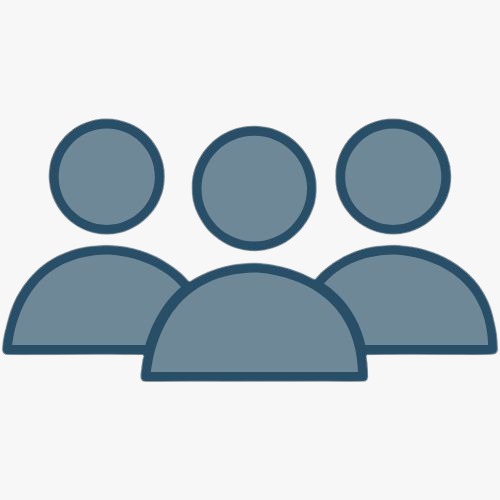If you take more than one medicine, it is important to take them carefully and safely. Some medicines can interact and cause side effects. It can also be hard to keep track of when and how to take each medicine.
Why you may Need More Than one Medicine
You may take more than one medicine to treat a single condition. You may also take different medicines to treat more than one health problem. For example, you may take a statin to lower your cholesterol, and a beta-blocker to control your blood pressure.
Risks of Taking Multiple Medicines
The more medicines you take, the more you need to use them carefully. There are several risks when taking multiple medicines.
- You may be more likely to have side effects. There is barely a medicines which has no side effects. A medicine without side effects has probably no major therapeutic effect! The more medicines you take, the more likely you will have side effects, in particular enhancements of side effects occurring morefold with the different medications. Taking certain medicines can also increase the risk for falls.
- You are at higher risk for drug interactions as interactions result from the coplay of the major effects and the side effects of all medicines taken. An interaction is when one medicine affects how another medicine works. For example, taken together, one medicine may make the other medicine stronger. Medicines can also interact with alcohol and even some foods. Some interactions can be serious, even life-threatening.
- You may find it hard to keep track of when to take each medicine. You even may forget which medicine you have taken at a certain time.
- You may take medicine you do not need. This may be more likely to happen if you see more than one health care provider. You may be prescribed different medicines for the same problem.
People at Higher Risk
Certain people are more likely to have problems from taking multiple medicines:
- People who are prescribed 5 or more medicines. The more medicines you take, the higher the chance of interactions or side effects. You may also find it hard to remember all possible drug interactions. Taking 5 or more medicines is so-called "polypharmacy".
- People who take medicines prescribed by more than one provider. One provider may not know that you are taking medicines another provider has given you.
- Older adults. As you age, your body processes medicines differently. For instance, your kidneys may not work as well as they used to. This can mean that more medicine stays in your body for longer. This can lead to dangerous levels of medicines in your system.
- People in the hospital. When you are in the hospital, you will likely see new providers who are not familiar with your health history. Without this knowledge, they may prescribe a medicine that may interact with medicines you already take.
Ask your Doctor to protect yourself safely from Drug Risks
The number of side effects and drug interactions is so huge that no doctor can have them all in mind. But as a patient you can rely on that your doctor has much experience in prescribing "her" or "his" drugs and that your doctor uses a powerful drug interaction checker integrated in the office software to be able to answer all your questions including those which might arise when you are treated by more than one doctor at the same time or taking also OTC drugs. SCHOLZ DataBank is such a powerful interaction checker taking into regard all your medicines. In case it may also consider your individual situation, for example your renal function.
Most important: Tell your doctor always all medicines you are taking including OTC drugs and those prescribed by other doctors!
Most important: Tell your doctor always all medicines you are taking including OTC drugs and those prescribed by other doctors!

